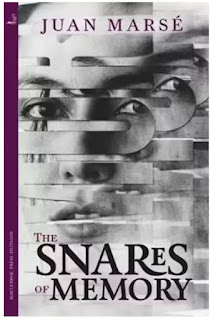Second Place

This is the first of two books about artists recommended to me after I performed a reading of my then work-in-progress-novel which features an Australian artist. Second Place is a strange little work form a well-reputed author, Rachel Cusk, with ten previous novel publications, as well as works of non-fiction. The plot is summarized on the back cover: “A woman invites a famed artist to the remote coastal landscape where she lives … But as a long, dry summer sets in, his provocative presence soon twists the human patterns of her secluded household”. The Afterword tells us that Second Place “owes a debt” to Mable Dodge Luhnan’s 1932 memoir Lorenzo in Taos , a text that deals with the time D.H. Lawrence came to stay with her in New Mexico. In other words, this book leans on another, and the shared theme is the desired and then regretted presence of the artist figure in one’s second home. (Like having an artist-in-residence in your own backyard, complete with ego, vision, and live-in-l

